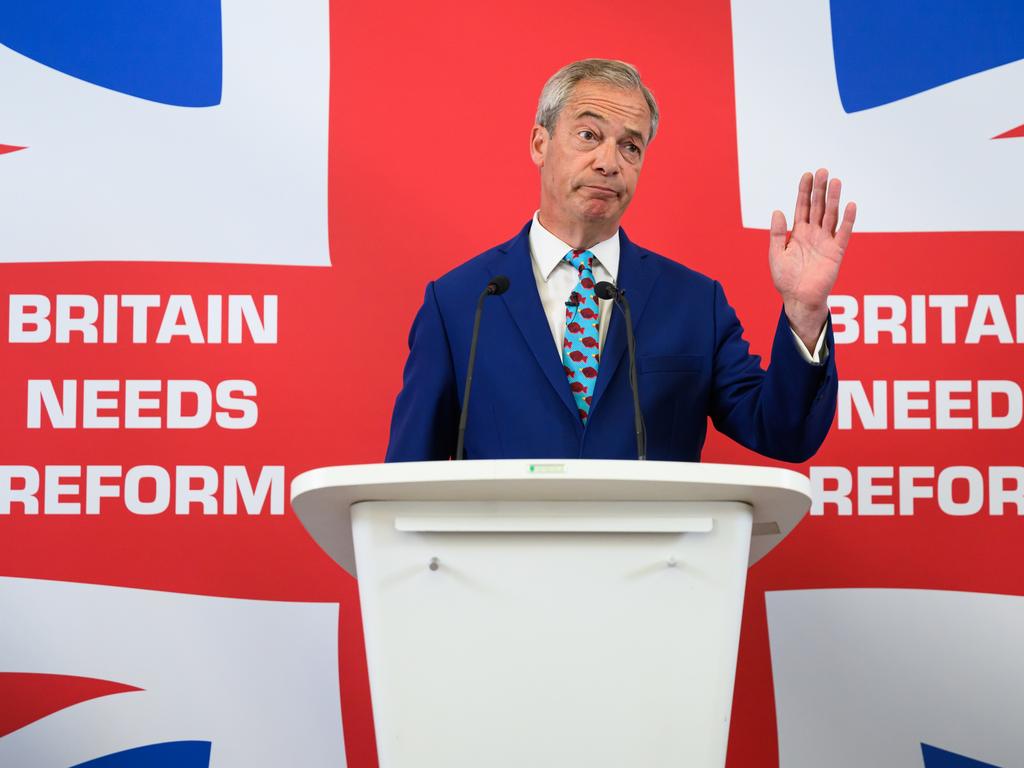
The distressed woman’s voice carried an entire Washington city block, as she screamed into her mobile phone. “We should be allowed to mooouuurn,” she said, underlining her sense of loss by bellowing the vowels of the last word as she stormed past.
It was the day after the 2016 US presidential election and, given the location, it was odds-on she was lamenting the election of Donald Trump. This safest of bets rested on the knowledge that, despite losing the electoral college race, Hillary Clinton won 91 per cent of the vote in Washington DC.
As a witness to the emotions that day, I saw rage was high on the Washingtonian list, closely followed by bewilderment. Few in the national capital had ever met a Trump voter, so it seemed preposterous there were enough to put him in power.
Watching and reading the local media, listening to conversations and talking to some of the shell-shocked tapped a consensus that Trump voters were selfish dimwits. Rednecks. Deplorables.
The commentary ran that they didn’t understand what was good for the country or themselves. This reaction underscored why my decision to leave the capital during the campaign had proved to be a good call.
To understand the people who voted for Trump you needed to go where they were – and they weren’t in Washington.
You didn’t need to go far. On Interstate 270 from the Capital Beltway the front yard pro-Trump signs started to appear just 50km away in Maryland. The destination on the rental car’s navigator was set for a distant target, another six hours, and 670km, from the District of Columbia.
Logan city in Logan County, West Virginia wasn’t quite the polar opposite of Washington DC but it was near enough. The numbers scrolling out on election night showed 79.6 per cent of its population had voted for Trump and 16.8 per cent for Clinton.
It wasn’t always so. This was once a Democrat stronghold. From the turn of the 20th century to the end of World War II, between 60 and 70 per cent of the voting population could be relied on to return a Democrat. Things started to change in the 1980s and by the dawn of the new century the Republicans held sway.
In 2016 Logan called time on both major parties. The Washington consensus, they believed, had delivered poverty, humiliation and despair.
For a century Logan’s wealth had been built on coal. Its decline began in the ’80s, driven by mechanisation, competition, recessions and stricter environmental regulations. By 2016 coal was a despised, remnant industry and Clinton had done her cause in Logan no good by declaring in a CNN debate that “we’re going to put a lot of coalminers and coal companies out of business”.
That Clinton had been trying to say she had a plan for replacing those jobs and supporting the communities was lost in the fury that followed. A lot of families had already lost their livelihoods and more promises were lost on them.
There were no green jobs. In 2016 the official unemployment rate in Logan was 10 per cent, but when employment was measured against population it showed less than half of the adults there had a job. The poverty rate had been lodged above 20 per cent for more than three decades and the median household income was $US35,465 – more than $US20,000 less than the national average.
The grim procession of statistics that always marches with poverty was written on the streets of the city: the highest level of people on disability benefits nationwide, the worst rates of obesity, cancer and diabetes, and sky-high levels of prescription drug abuse. Male life expectancy had been falling since the ’90s.
With the loss of wealth and purpose came a deeper loss: of dignity. Burnt-out and deserted houses dotted the streets of a town laid out in a picture-perfect river valley set against Appalachian mountains rouged by autumn.
The rage the people of Washington felt the day after the election paled against the rage the people of Logan felt about Washington all the time.

In Trump they saw a flawed messiah, an insurgent vandal. Someone who threatened the Democrat and Republican hegemony. They did not want him to go to Washington and fix it, they wanted him to burn it down.
Every cry of pain and rage from the establishment political and media class at his desecration of the institutions was taken as evidence of success.
In Logan lay a confronting truth. Voting for Trump was a considered and rational response to the unreasonable burden its people had borne in the march of time, the machine solutions of liberal economics and the arbitrage of globalisation. The citizens of Washington were winners and their city was the world. The citizens of Logan were losers and their world had collapsed.
The terrifying reality for people such as those in Logan is that Trump has no answers for their troubles. No one does.
The recent elections in Europe rekindle memories of 2016 and the handful of days in that beautiful and benighted part of the US. There is much hand-wringing by the European establishment, much talk of the rise of the hard and far right and how it must be stopped. This “populist” movement is a threat to that triumph of populism: democracy.
Europe’s tilt to the far right is, mostly, overblown. In the words of European Commission president Ursula von der Leyen, “there remains a majority in the centre for a strong Europe”. But she says “extremes on the left and the right have gained support and this is why the result comes with great responsibility for the parties in the centre”.
Could it be that means the establishment recognises its demands of the mob always fall hardest on the poorest? That some of its ideas are daft? That mass migration and the energy transition drop like a hammer on frontline suburbs while those who champion change are cushioned from its effects by their wealth?
During Covid, in February 2022, I caught a glimpse of Logan County and Europe close to home, wandering through the Convoy to Canberra crowd as they marched on parliament. Some made it clear I was a part of a media they despised, but most were polite.
“We’re not all rednecks,” said one. And they weren’t. They looked as if they had come from a Saturday morning at Bunnings. Most opposed vaccine mandates but all were sick of the constant, mercurial and condescending government interference in their lives. They have been contemptuously dismissed as “cookers” by some in the Labor government. Once we might have called them working class.
Nothing comes from nothing. In the convoy, parts of Europe and in Logan, the compact of trust between the governed and governors has broken. We need to understand it. The establishment needs to question whether “populism” is a response to really bad policy. Perhaps the Frankenstein they fear is their own creation.






“I feel like there should be a national day of mourning!”